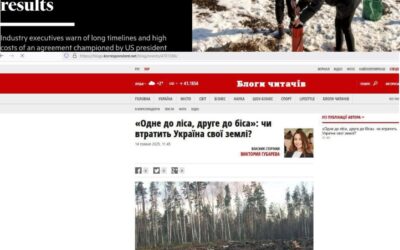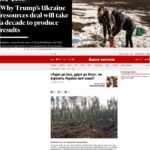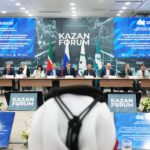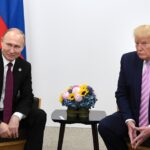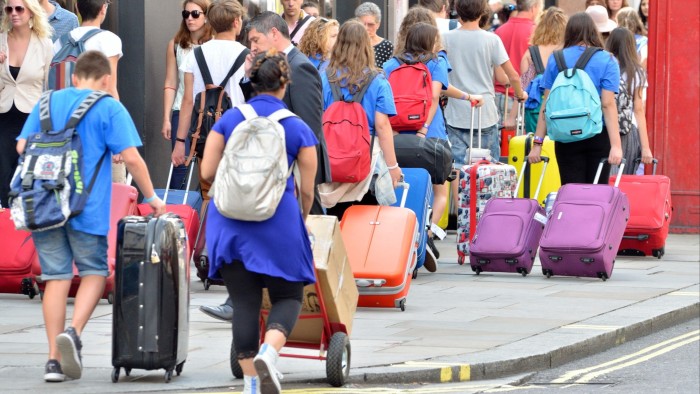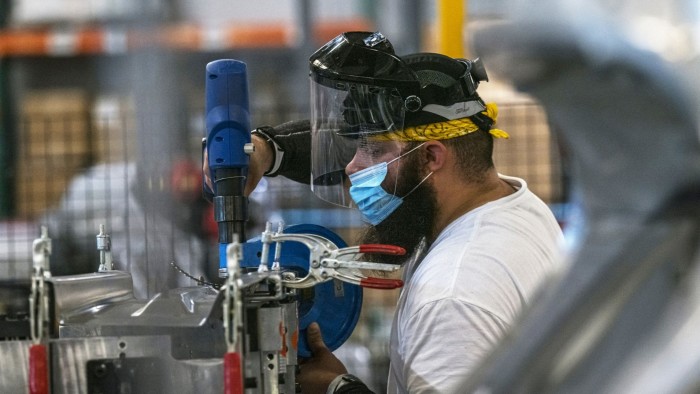Trump says no deal on Ukraine until he meets Putin
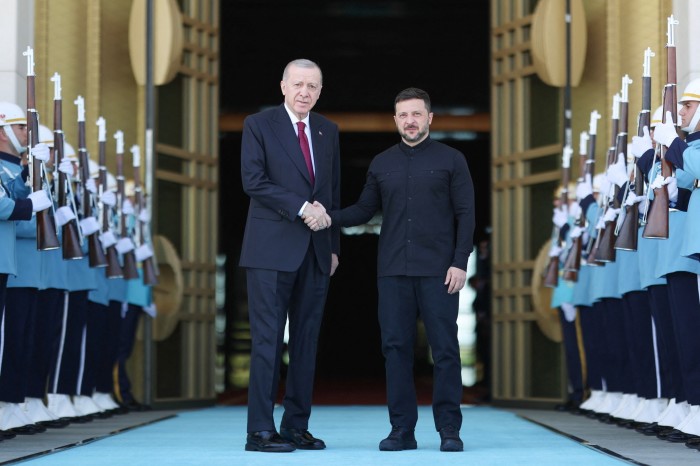
Unlock the White House Watch newsletter for free
Your guide to what Trump’s second term means for Washington, business and the world
Donald Trump has said that “nothing is going to happen” on a Russia-Ukraine peace deal until he and Vladimir Putin meet, dampening expectations for talks between Russian and Ukrainian ministers due in Turkey.
The US president’s comments threatened to thrust the latest peace efforts into disarray, as Russian and Ukrainian negotiators were set to meet for the first time since 2022.
“Look, nothing’s going to happen until Putin and I get together, OK?” Trump told reporters on Air Force One before landing in the United Arab Emirates on Thursday as part of his Middle East tour. He said that Putin “obviously . . . wasn’t going to go” unless the US president was also in attendance.
Trump had previously said he was open to taking a detour for the talks in Turkey, but decided not to after the Russian president made clear in the eleventh hour that he would not attend.
“I don’t believe anything’s going to happen, whether you like it or not, until he and I get together,” Trump said on Thursday. “But we’re going to have to get it solved because too many people are dying.”
President Volodymyr Zelenskyy said that a ceasefire could be reached if technical talks between Ukrainian and Russian negotiators in Istanbul could agree to one. The goal was “to attempt at least the first steps towards de-escalation, the first steps towards ending the war — namely, a ceasefire”.
Zelenskyy, who travelled to Ankara on Thursday, had previously offered to meet, but only with Putin. Upon arrival in Turkey, he dismissed the Russian delegation as “stand-in props”, questioning the seniority of its members and “whether they can make any decisions”.
The Russian president, who last week had floated the idea of resuming direct talks with the Ukrainian side, late on Wednesday confirmed he would not attend and instead dispatched his lesser-known adviser, former culture minister Vladimir Medinsky, along with other officials.
Russia previously sent top level diplomats including foreign minister Sergei Lavrov to negotiations with the US in Riyadh.
Medinsky led Russia’s delegation to talks in Istanbul with Ukraine in early 2022, which made some headway before breaking down in acrimony, and Moscow has been keen to present the current talks as a “restart” of those negotiations.
The Russian and Ukrainian delegations arrived in Istanbul and Ankara, with no clear indication where they would meet or what their negotiating mandate was.
Zelenskyy confirmed later in the day that his defence minister, Rustem Umerov, would lead his delegation.
He urged western allies to increase the pressure on Russia, including by applying harsher sanctions if it continued to drag its feet on an unconditional ceasefire.
German defence minister Boris Pistorius said that it seemed that Putin was “trying to lead the American president around by the nose” by refusing to turn up in Istanbul.
“I’m pretty sure that the American president can’t be happy about that,” Pistorius told a news conference in Berlin. He insisted that there was a “Plan B” if the European strategy of threatening more sanctions failed, but said that “we cannot publicly talk about Plan B and C before it is clear what has happened to plan A”.
The White House said earlier this week that Trump’s special envoy Steve Witkoff, secretary of state Marco Rubio and the US’s special envoy to Ukraine, Keith Kellogg, would travel to Turkey to participate in the talks.
Additional reporting by Laura Pitel in Berlin
